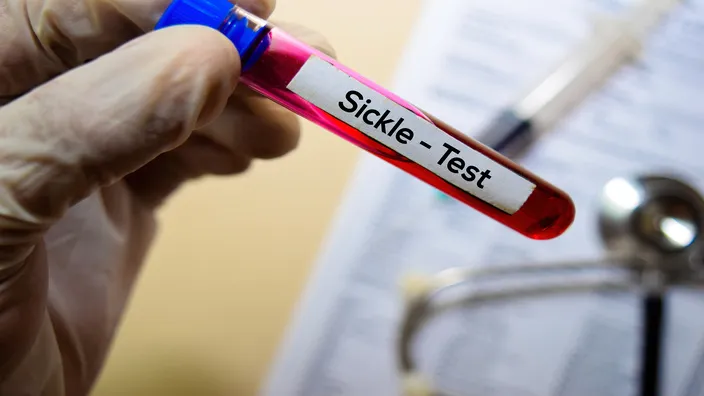A sickle cell test is performed for several reasons:
- Diagnosis of Sickle Cell Anemia: The primary reason for the test is to diagnose sickle cell anemia, a genetic disorder where the red blood cells have an abnormal, crescent shape. This condition can lead to various health complications.
- Carrier Screening: The test is also used for carrier screening to identify individuals who carry one copy of the abnormal hemoglobin gene (sickle cell trait). Carriers usually do not have symptoms but can pass the gene to their children.
- Newborn Screening: Sickle cell testing is often part of routine newborn screening programs. Early detection allows for prompt medical intervention and management.
- Family Planning: Individuals with a family history of sickle cell disease may choose to undergo testing before starting a family to assess the risk of passing the condition to their children.
- Preventive Measures: Knowing the sickle cell status can help individuals and healthcare providers take preventive measures and manage the condition effectively, reducing the risk of complications.
- Medical History Evaluation: In some cases, a sickle cell test may be included in a comprehensive medical history evaluation, especially if there are symptoms or a family history of sickle cell disease.
- Confirmation of Diagnosis: For individuals showing symptoms suggestive of sickle cell disease, the test helps confirm the diagnosis and differentiate it from other conditions with similar symptoms.
Overall, sickle cell testing plays a crucial role in early detection, management, and prevention of complications associated with sickle cell disease.
Unlock a Healthier Tomorrow, Aspira Pathology Lab in Ghatkopar Delivers Accurate Results. Schedule Your Path to Wellness Today!



